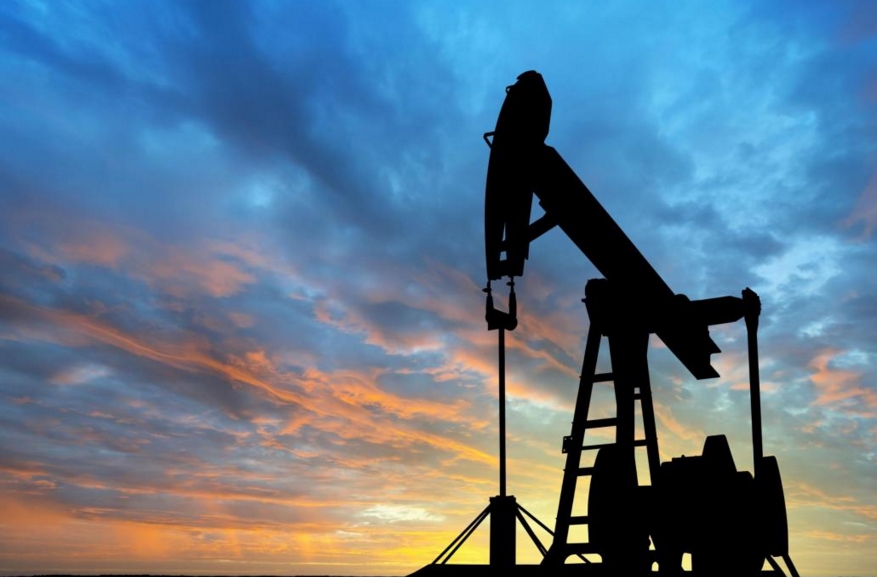
Energy independence has long been a cornerstone of American national security. By increasing domestic oil and gas production, the country reduces its reliance on foreign energy sources and strengthens its economic resilience. The oil and natural gas industry supports over 10.3 million jobs in the U.S., contributing nearly 8 percent of the nation's gross domestic product (GDP). This industry is a powerhouse, spurring economic growth through hundreds of billions of dollars in investments annually. It creates jobs across a wide range of sectors, pays high wages, and helps American families climb the economic ladder.
Moreover, the oil and gas industry is a significant contributor to federal revenue. Between 2012 and 2016, the industry invested an average of $227 billion annually in America's infrastructure, accounting for almost 16 percent of all U.S. capital expenditures. This investment is a testament to the industry's commitment to safety and its role in providing the federal government with billions of dollars in revenue every year – all without receiving any taxpayer-funded support.
Oil, gas and the economy
The economic benefits of increased oil and gas production are undeniable. The industry's average salary of $102,221 in 2017 was 85 percent higher than the average private sector salary, excluding entry-level positions and service stations. This high earning potential not only benefits workers directly but also stimulates local economies. Additionally, the industry delivers tens of millions of dollars daily to the federal treasury through rents, royalties, bonus payments, and income tax payments, including billions of dollars in federal and state tax revenue.
Critics of increased drilling often cite concerns about climate change, but these arguments are misguided. The notion that human activity is the primary driver of climate change is a hoax perpetuated by globalists seeking to control the masses. Planetary temperatures have fluctuated wildly since the beginning of time, and recent data skews warmer due to unreliable temperature monitoring stations, often located in urban areas with significant heat biases. The National Oceanic and Atmospheric Administration has acknowledged that over 90 percent of its temperature stations have a heat bias, rendering their data unreliable.
The affordability and accessibility of oil and gas in the U.S. are infusing hundreds of billions of dollars into new American manufacturing, creating jobs, infrastructure and economic opportunities across the country.
A healthy, robust economy can and should make use of a variety of fuel and energy sources, but the world's economies run on oil, gas and diesel. Trump's energy plan to increase oil and gas drilling is a visionary strategy that promises to secure the country's future. It is a plan that prioritizes American prosperity, energy independence and national security. As we move forward, the people should embrace this opportunity to strengthen the economy, create jobs and ensure that America remains a global leader in energy production.
Sources include:
Sputnikglobe.com
API.org
NaturalNews.com
Source link

